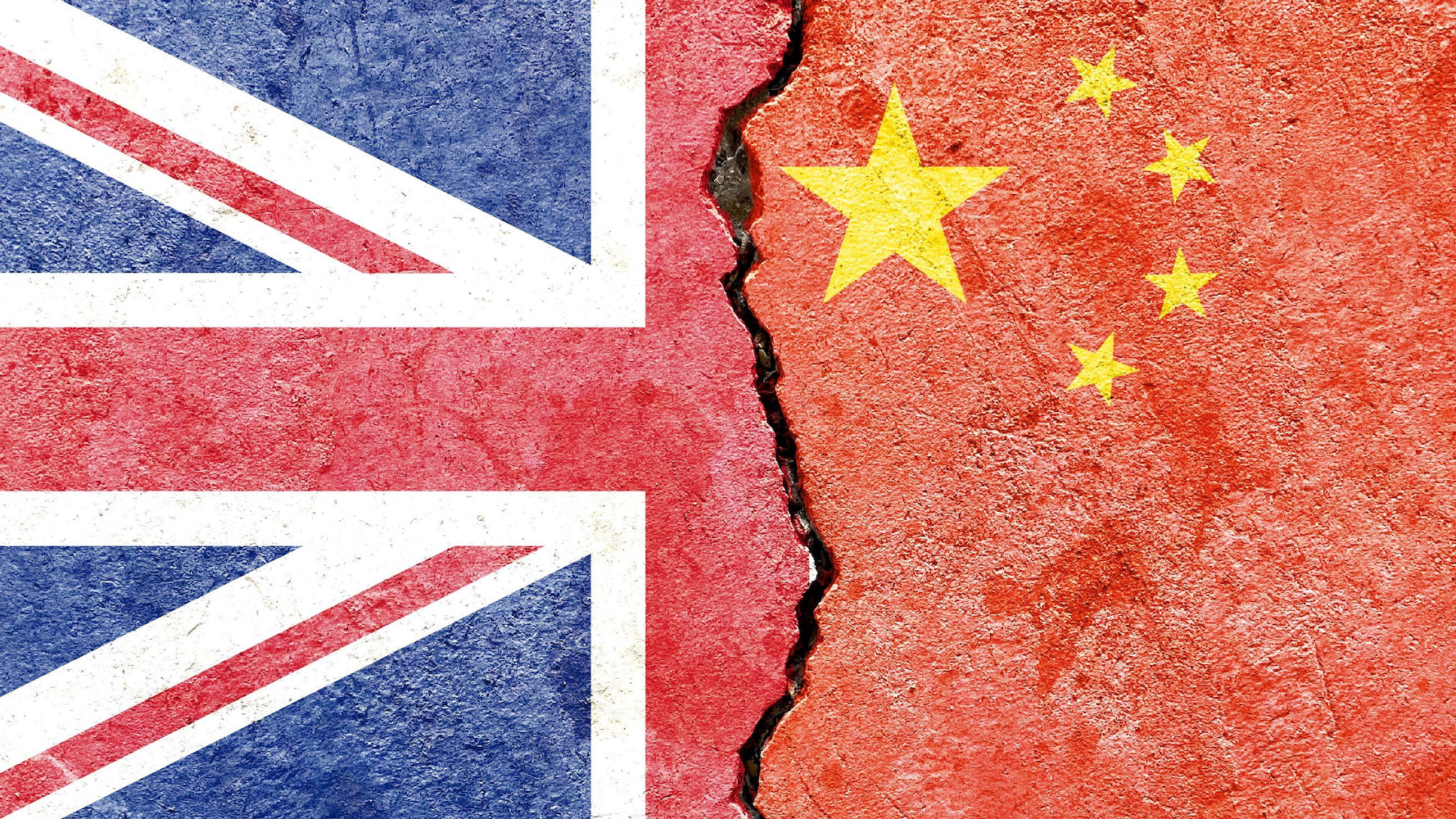China is the UK higher education sector’s most important strategic relationship. It is the future of its research partnerships, the exporter of thousands of students, and also the UK’s single biggest concern when it comes to research security.
It’s also important to remember that at the heart of the debate over security lies the hope and aspirations of millions of Chinese nationals as well as the future of the UK’s place in the world. It is difficult, if not impossible, to disentangle a debate about changing global powers from the millions of people whose lives these debates materially impact.
The clarion call for universities to get serious about China is in many ways louder than ever. We hear MI5 saying that China is “cultivating assets” in academia, the government warning that UK research is “at risk of misappropriation and divergence to military programmes”, and the media alleging that universities are fighting against efforts to remove “Beijing spy institutes” from their campuses.
UK universities are at the heart of an economic, political, and tense diplomatic relationship between two nations that often have convergent economic interests but often hostile diplomacies. There is a risk universities cannot be heard amidst these arguments and others will write narratives for them.
Debate club
There are plenty of organisations willing to debate universities and their relationships with China. Critiques will come from organisations like Civitas and its heavily caveated work on UK universities and the Chinese military. It will be The Spectator who develops these messages into a broader criticism of UK universities. And it leads to the House of Commons Foreign Affairs Committee having to spell out the obvious:
Where a Chinese institution possesses known or suspected links to repression in Xinjiang, or substantial connections to Chinese military research, UK universities should avoid any form of technological or research collaboration with them.
There is no future for the UK which does not involve cooperation with its third largest trading partner but as a higher education sector we should be mindful of acceptable boundaries around those relationships.
Tomorrow never dies
Despite the ramping up of rhetoric on China, there are also contrasting signs from the government, hinting of a thawing in UK-China relationships following their nadir during the Johnson years and Truss interregnum, which saw many China sceptical MPs promoted to cabinet positions. Rishi Sunak, in tone at least, has downgraded China from a threat to a “challenge”.
China is a rapidly advancing economy which not only has significant scientific strengths but for which its sheer scale will make it central to the future of humanity. To disengage is to walk away from the most pressing issues of our time – the very reason universities exist – but the nature of that engagement is important.
UKRI estimates that the partnerships fostered by its Beijing office have led to collaborations worth over £360m, with more than 350 partner research organisations and businesses – and notes that China is home to seven of the top 25 academic institutions, grants more than half of global patents, and saw its collaborative research output almost double between 2014 and 2018.
The economic, scientific and social benefits of these agreements are clearly enormous. This is the reason why it is so important for universities to be engaged with the Trusted Research Agenda. Whether it is research, innovation, foreign direct investment, spin outs, patents, and so on, agreements have to be couched in a reality that all collaboration is inherently political and being closely monitored by the UK Government.
Ensuring that these processes are robust and allow for safe collaboration is not only the right thing to do for universities but the most reliable way universities have of safely, and consistently, building collaborative working. In a post Horizon world these considerations are likely only more important as the UK comes to rely further on non-EU partners.
Pass with distinction
It is also the case that the promise of UK university education remains one of the UK’s biggest strengths on the international stage. In terms of exports there are very few areas, if any, where the UK has such an obvious global advantage – for a country the size of the UK the density of education excellence is truly remarkable.
In all of these discussions we should always make a careful distinction between the actions of a government from the hopes and aspirations of its people. As the Home Office becomes more hawkish on international student immigration, efforts should be redoubled by universities to show the UK is a great place to live and learn – and to properly support those who come to study here, in all aspects of their experience, against an unwelcoming backdrop.
For staff, the ongoing bureaucratic delays to their employment within UK universities risks becoming a much larger political issue about who can work in the UK and under what conditions. As with their students, universities have a clear responsibility to support their staff amidst challenging political circumstances.
Growing reliance on any single partner is always going to be risky regardless of who it is. The strategic challenge for the UK is how it can continue to work constructively and safely with China while broadening its research partnerships.
Ultimately, there are no easy answers to a relationship which is contentious, important, and continually publicly debated, all at once. At a university level there is the need to ensure proper regulatory process is in place with a clear appraisal of risk of any relationship. At a government level rebalancing relationships is about strategy, investment, and collaboration. At a global level the world feels so uncertain that without a crystal ball it would be foolish to guess what might happen next. To be prepared for continual uncertainty is the best hedge against it.













